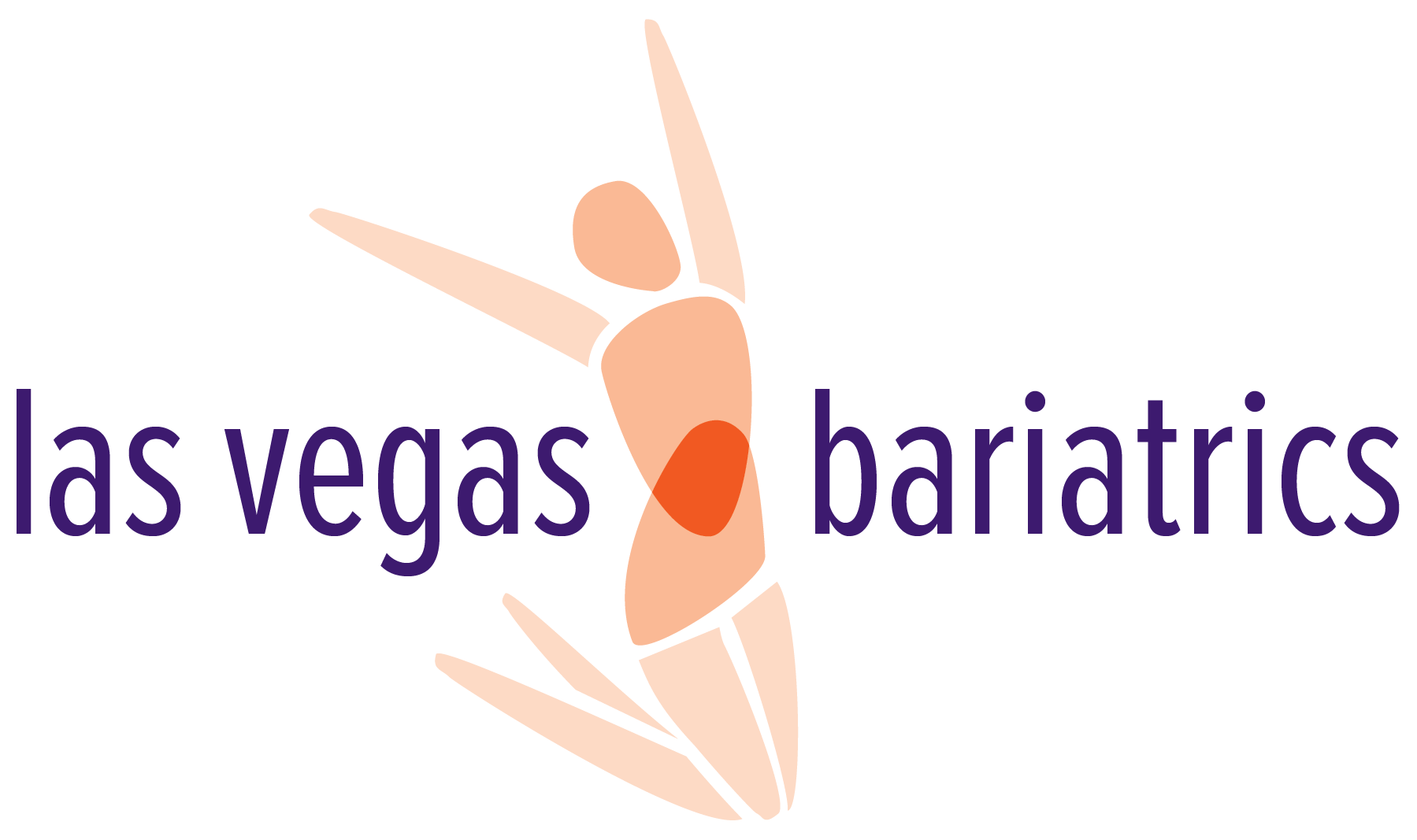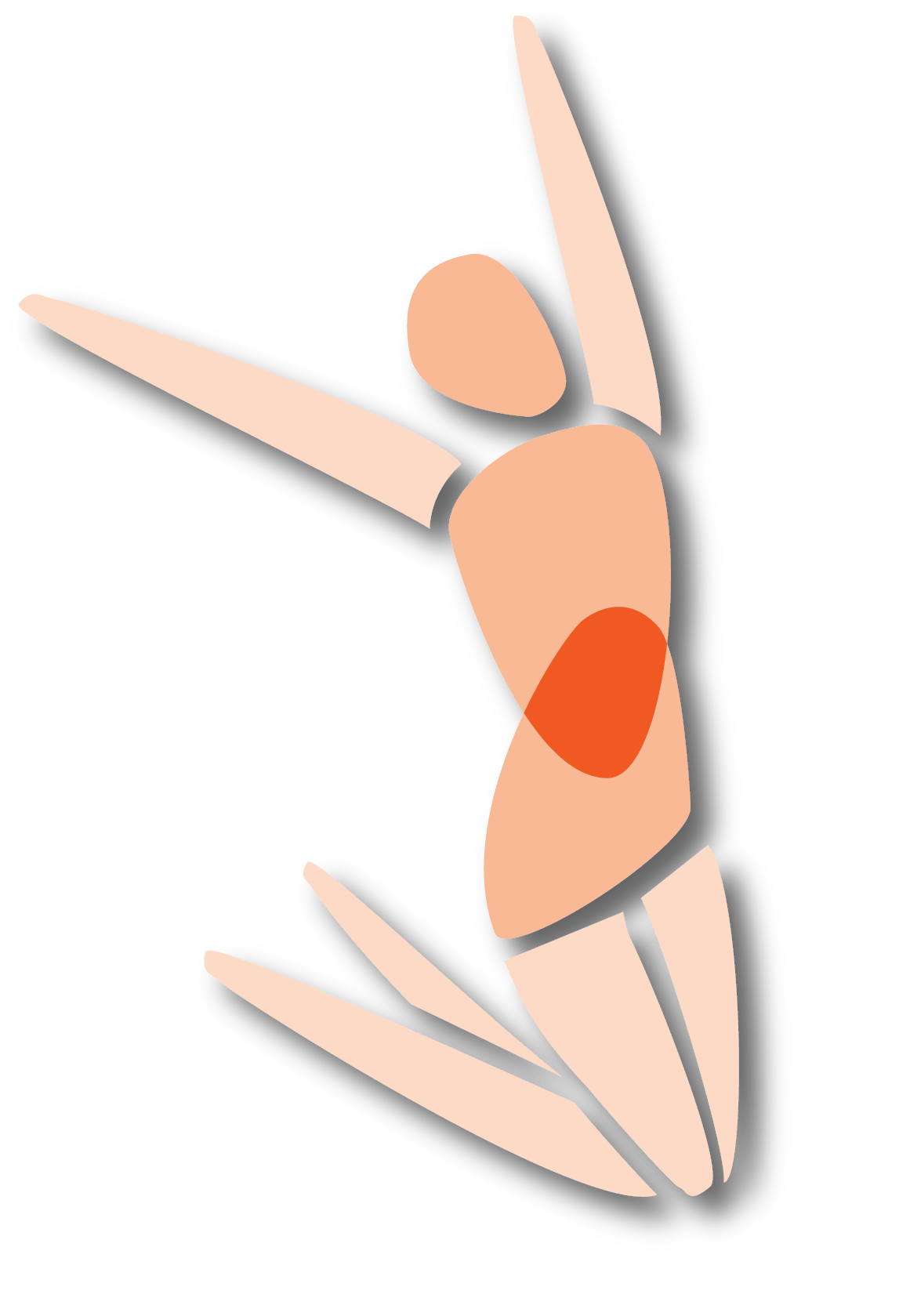Dr. Hanna is a highly trained, experienced Las Vegas bariatric surgery provider who has completed many years of academic training and several hands-on internships and residencies.
How it Works
The Gastric Sleeve / Sleeve Gastrectomy procedure is a restrictive procedure that by creating a smaller stomach pouch, limits the amount of food that can be eaten at any one time. You feel full sooner and stay full longer. As you eat less food the body will stop storing excess calories and start using its fat supply for energy. In addition by removing a part of the stomach we eliminate a portion of the hunger hormone Grehlin which causes a decrease in appetite. Food passes through the digestive tract in the usual order allowing for normal digestion.





